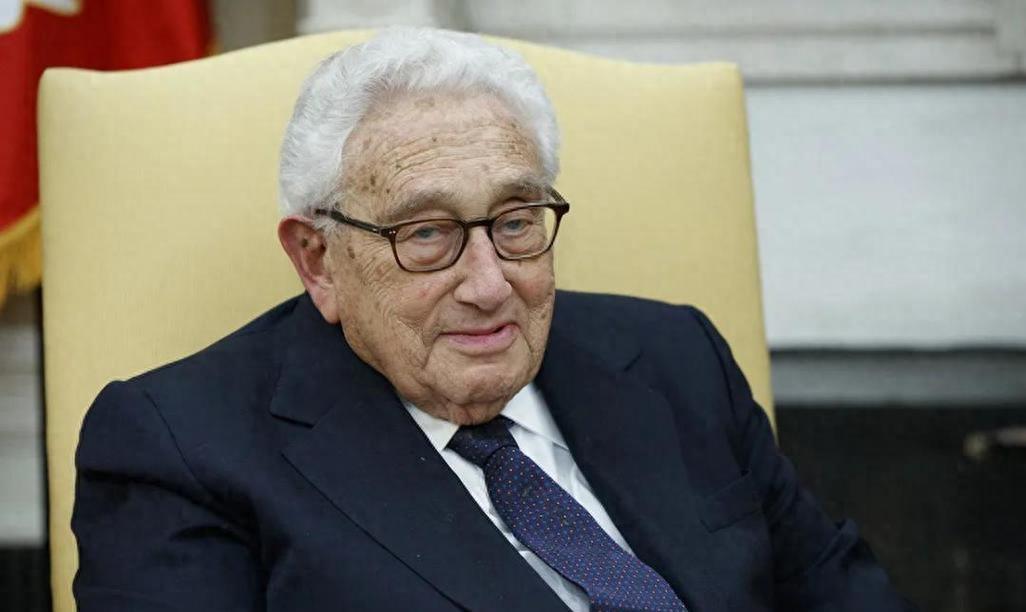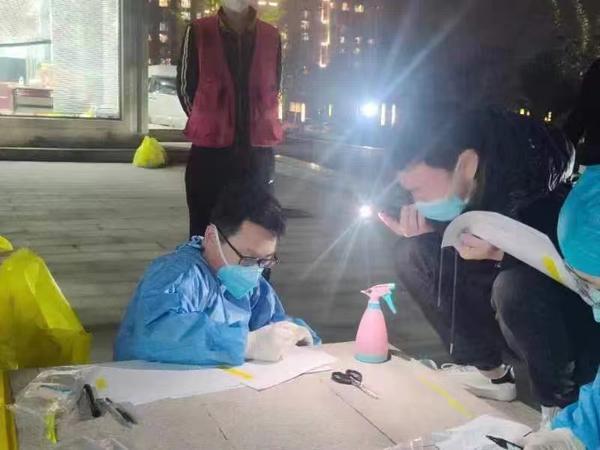Introduction
The year 2020 marked a turning point in human history, as the world was plunged into a global health crisis unlike any other in recent times. The COVID-19 pandemic, caused by the severe acute respiratory syndrome coronavirus 2 (SARS-CoV-2), has reshaped our daily lives, economies, and social structures on an unprecedented scale. This English article aims to provide a comprehensive overview of the COVID-19 pandemic, its origins, transmission dynamics, global response efforts, and the far-reaching consequences it has had on various aspects of society.
Origins and Early Outbreak
The first reported cases of COVID-19 emerged in December 2019 in Wuhan, China, initially identified as an unusual pneumonia of unknown etiology. The virus was later confirmed to be a novel coronavirus, distinct from the SARS and MERS viruses that had caused outbreaks in the early 21st century. The initial outbreak in Wuhan quickly escalated into a global health emergency, with cases rapidly spreading across China and beyond.
Transmission Dynamics and Viral Characteristics
COVID-19 is primarily transmitted through respiratory droplets when an infected person coughs, sneezes, or talks. These droplets can land in the mouths or noses of nearby individuals, leading to infection. Additionally, the virus can survive on surfaces for a certain period, making indirect contact transmission possible. The virus is highly contagious and has a basic reproductive number (R0) estimated to be between 2.5 and 3.5, indicating that one infected person can potentially spread the disease to 2.5 to 3.5 others.
The virus exhibits a certain degree of variability, with mutations occurring naturally over time. Some of these mutations have resulted in concerns about vaccine effectiveness or the potential for the virus to become more transmissible or evade immune responses. However, research has shown that the majority of mutations are benign and do not significantly alter the virus's behavior or virulence.
Global Response and Vaccination Efforts
In response to the pandemic's magnitude, countries around the world implemented a range of measures to slow the spread of the virus, including lockdowns, travel restrictions, social distancing, and the wearing of masks in public places. These measures were accompanied by a massive effort to develop vaccines at an unprecedented pace. The race for a vaccine was marked by collaboration between research institutions, pharmaceutical companies, and governments worldwide, utilizing advanced technologies such as mRNA-based approaches.
By early 2021, several vaccines had been approved for emergency use by the World Health Organization (WHO) and other regulatory bodies. These included vaccines developed by Pfizer-BioNTech, Moderna, AstraZeneca-Oxford University, and others. Vaccine distribution was initially challenged by logistical issues, inequitable access between countries with high-income levels and those with low or middle-income levels, and concerns about vaccine safety and efficacy. However, as more countries gained access to vaccines and global cooperation improved, vaccination rates began to rise significantly.
Economic Impact
The COVID-19 pandemic has had a devastating impact on global economies. Businesses were forced to close or operate at reduced capacity, leading to job losses on a massive scale. The International Labour Organization (ILO) estimated that 195 million jobs were lost globally between February and April 2020 alone. The decline in economic activity resulted in a contraction of global GDP in 2020 that was unparalleled since the Great Depression of the 1930s.
The service sector, which includes hospitality, travel, and entertainment industries, was particularly hard hit. The tourism industry, for instance, saw revenues plummet as international borders closed and travel restrictions were imposed. Small businesses also struggled to survive due to cash flow disruptions and lack of government support. The pandemic also exposed vulnerabilities in supply chains, leading to shortages of essential goods and services worldwide.
Social and Psychological Effects
Beyond economic consequences, the COVID-19 pandemic has had profound social and psychological impacts. Social distancing measures led to widespread loneliness and isolation, exacerbating pre-existing mental health conditions such as anxiety and depression. The loss of loved ones due to COVID-19 has caused immense grief for many families worldwide. The pandemic has also highlighted inequalities in access to healthcare services, with low-income communities often facing greater risks due to limited resources and infrastructure.
The shift towards remote work and online education has brought about changes in daily routines and social interactions. While it has enabled some degree of continuity in essential services, it has also created new challenges for those who lack access to technology or reliable internet connectivity. The pandemic has also led to a surge in cybercrime and online misinformation, posing additional threats to personal safety and security.
Scientific Research and Public Health Responses
The COVID-19 pandemic has spurred unprecedented levels of scientific research and innovation. Researchers have worked tirelessly to understand the virus's transmission dynamics, develop effective treatments and vaccines, and study its long-term health effects on individuals who have recovered from infection. Studies have focused on understanding the virus's impact on specific populations like children, pregnant women
转载请注明来自爬爬百科,本文标题:《COVID-19,全球卫生危机及其对社会的影响》












 京ICP备11000001号
京ICP备11000001号
发表评论